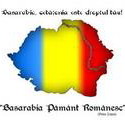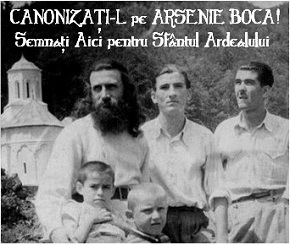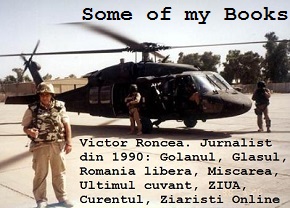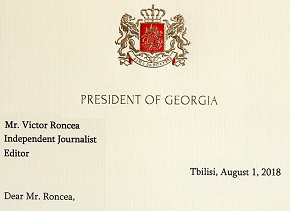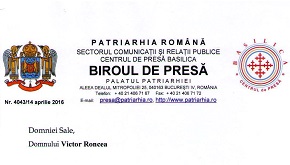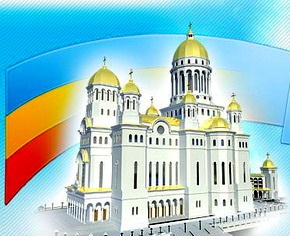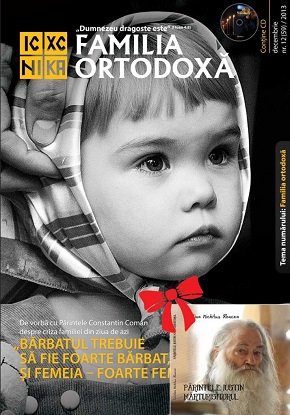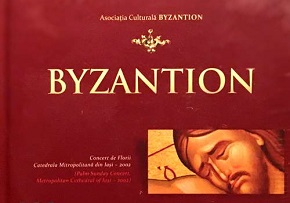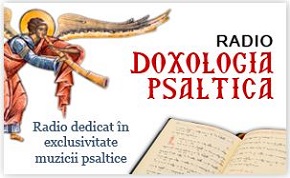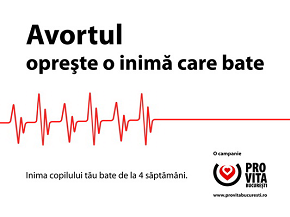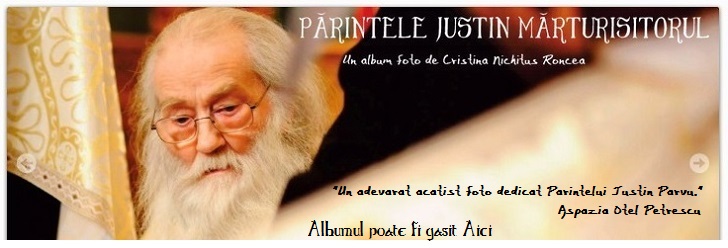 “Tiraspol Times”: Igor Smirnov: “We have not worked enough with other countries”
“Tiraspol Times”: Igor Smirnov: “We have not worked enough with other countries”
Pridnestrovie’s President admits that his country hasn’t done enough to actively promote its diplomatic interests abroad. Igor Smirnov wants to establish closer ties to some of the many members of the United Nations. In this interview, he re-affirms that international recognition of PMR’s independence is the main goal.
By Tiraspol Times, 20/Mar/2008
Igor Smirnov, Pridnestrovie’s democratically elected president, wants more diplomatic and commercial ties with more countries
TIRASPOL (Tiraspol Times) – The President of the unrecognized republic of Pridnestrovie recognizes his country’s failure in actively promoting its diplomatic interests abroad. In this interview, Igor Smirnov re-affirms PMR’s commercial, cultural and historical ties to Russia but also says that it is necessary to establish links to other parts of the world as well.
While not going as far as directly accusing PMR’s Foreign Ministry of failure, Igor Smirnov says that the government already reviewed its work and concluded that not enough has been done. Now he looks beyond Russia to the almost two hundred member countries of the United Nations, and says that Pridnestrovie needs to “more actively promote our position, using both new resources as well as existing resources, including those in the economic sphere.”
The interview comes just days before Foreign Minister Valeri Litskai is due to answer questions in Parliament, after having been summoned by lawmakers who are worried about the lack of progress in establishing closer ties with other states and opening diplomatic representative offices abroad.
In a joint statement with the leaders of Abkhazia and South Ossetia, you pledged to jointly support each other’s independence. But unlike those two, Tiraspol didn’t ask Russia for recognition yet. Why not?
” – After the outcome of the referendum in 2006 where the majority of voters backed PMR’s independence and closer ties to Russia, Pridnestrovie’s Parliament already sent a formal request to Russia’s State Duma. And the Duma recognized that referendum as legitimate. Should we ask them again? The firmness of our position was confirmed at the Duma hearings by the representatives of the parliamentary delegation from Pridnestrovie.”
Some sources claim that Moscow has a new plan whereby the Moldova-Pridnestrovie conflict would be settled in exchange for a guarantee from Moldova that it wouldn’t join NATO. As part of such a plan, supposedly Tiraspol would then abstain from seeking international recognition of its independence. What is your take on this?
” – This is simply something that Moldova’s President Vladimir Voronin came up with. To this, it is possible to reply with the words of Vladimir Putin: “Total nonsense.” He has his own reason, pre-election motivated or whatever, and I won’t interfere in Moldova’s domestic matters. It also looks like Voronin is trying to flirt with Russia. But I specifically asked Yuri Zubkov [Deputy Secretary of the Security Council of Russia, ed.] if there are any such plans. He answered that the journalists have everything mixed up.”
” – Russia has a clear position. It supports the principle of territorial integrity, which western pseudo-democracies nowadays disrupt. But in this case, it is also in favor of negotiations with equal rights to both sides, in the course of which the different questions will be resolved.”
Maybe for Moscow it would be worthwhile to follow the example of those Western countries who clearly supported the recognition of Kosovo? That is, to recognize the unrecognized republics of the former Soviet Union rather than reacting to the Kosovo precedent by a dual asymmetric policy.
” – I think that we now need to finally complete the proper, legal break-up of the large country that used to be the Soviet Union. The currently existing de facto independent states of the former Soviet Union, which for many years have defended and proven their right to independence, must now find their de jure independent status. To do so, we have all the necessary grounds, including the level of development of our statehood and democratic systems. But the problem is that when the guarantors of Kosovo, for example, are the United States and the European Union, such an outcome seems normal to them. Whereas in our case, where the guarantor is Russia, they are outraged that we want to settle our unresolved legal status this same way.”
So, Moscow should say “yes” to the request for recognition of PMR’s independence?
” – We would like to see this happen…”
But another scenario is also possible. In the spring of 2006, the West assisted Moldova in the forcible return of some of Pridnestrovie’s companies to its customs control. And if they try to build on that success, couldn’t they force Pridnestrovie to accept a subordinate autonomous status within the Republic of Moldova?
” – There are some lines which shouldn’t be crossed. But if they do, then we will have to defend our rights by all available means. I think that, just like us, no one in the West can be interested in the outbreak of new transport wars, or energy wars and wars of any other kind.”
” – Recently, by the way, we have had frequent official visits to Pridnestrovie by high ranking representatives from the European Union, as well as by ambassadors of the United States, France, and other countries. What should we make of that?”
Could they maybe secretly be interested in recognizing you?
” – Actually they are only interested in one thing – to remove the influence of Russia from here. And therefore they welcome any dirty trick which Chisinau comes up with against Moscow. To us, they say that if Russia’s peacekeepers would just leave then we’ll be better off.”
Since 1990, the PMR has existed ‘de facto’ but legally it still remains unrecognized. Do you expect this to change in the near future?
” – We have reviewed our activities in this area, and we came to the conclusion that we have not worked enough with other countries. Of course, our main partner is Russia. But the United Nations is composed of many other countries as well. We need to more actively promote our position, using both new resources as well as existing resources, including those in the economic sphere. Pridnestrovie today sells its products to more than 70 countries in the world. To more effectively organize the cooperation with our foreign partners we will open our own commercial representations. We recently opened our own representation in Venezuela. We have also produced documentaries in English, French, Polish and other languages where we make it clear that our people have the right to decide the future of their lives on the basis of their own free will.”
Igor Smirnov, Pridnestrovie’s democratically elected president, wants more diplomatic and commercial ties with more countries
TIRASPOL (Tiraspol Times) – The President of the unrecognized republic of Pridnestrovie recognizes his country’s failure in actively promoting its diplomatic interests abroad. In this interview, Igor Smirnov re-affirms PMR’s commercial, cultural and historical ties to Russia but also says that it is necessary to establish links to other parts of the world as well.
While not going as far as directly accusing PMR’s Foreign Ministry of failure, Igor Smirnov says that the government already reviewed its work and concluded that not enough has been done. Now he looks beyond Russia to the almost two hundred member countries of the United Nations, and says that Pridnestrovie needs to “more actively promote our position, using both new resources as well as existing resources, including those in the economic sphere.”
The interview comes just days before Foreign Minister Valeri Litskai is due to answer questions in Parliament, after having been summoned by lawmakers who are worried about the lack of progress in establishing closer ties with other states and opening diplomatic representative offices abroad.
In a joint statement with the leaders of Abkhazia and South Ossetia, you pledged to jointly support each other’s independence. But unlike those two, Tiraspol didn’t ask Russia for recognition yet. Why not?
” – After the outcome of the referendum in 2006 where the majority of voters backed PMR’s independence and closer ties to Russia, Pridnestrovie’s Parliament already sent a formal request to Russia’s State Duma. And the Duma recognized that referendum as legitimate. Should we ask them again? The firmness of our position was confirmed at the Duma hearings by the representatives of the parliamentary delegation from Pridnestrovie.”
Some sources claim that Moscow has a new plan whereby the Moldova-Pridnestrovie conflict would be settled in exchange for a guarantee from Moldova that it wouldn’t join NATO. As part of such a plan, supposedly Tiraspol would then abstain from seeking international recognition of its independence. What is your take on this?
” – This is simply something that Moldova’s President Vladimir Voronin came up with. To this, it is possible to reply with the words of Vladimir Putin: “Total nonsense.” He has his own reason, pre-election motivated or whatever, and I won’t interfere in Moldova’s domestic matters. It also looks like Voronin is trying to flirt with Russia. But I specifically asked Yuri Zubkov [Deputy Secretary of the Security Council of Russia, ed.] if there are any such plans. He answered that the journalists have everything mixed up.”
” – Russia has a clear position. It supports the principle of territorial integrity, which western pseudo-democracies nowadays disrupt. But in this case, it is also in favor of negotiations with equal rights to both sides, in the course of which the different questions will be resolved.”
Maybe for Moscow it would be worthwhile to follow the example of those Western countries who clearly supported the recognition of Kosovo? That is, to recognize the unrecognized republics of the former Soviet Union rather than reacting to the Kosovo precedent by a dual asymmetric policy.
” – I think that we now need to finally complete the proper, legal break-up of the large country that used to be the Soviet Union. The currently existing de facto independent states of the former Soviet Union, which for many years have defended and proven their right to independence, must now find their de jure independent status. To do so, we have all the necessary grounds, including the level of development of our statehood and democratic systems. But the problem is that when the guarantors of Kosovo, for example, are the United States and the European Union, such an outcome seems normal to them. Whereas in our case, where the guarantor is Russia, they are outraged that we want to settle our unresolved legal status this same way.”
So, Moscow should say “yes” to the request for recognition of PMR’s independence?
” – We would like to see this happen…”
But another scenario is also possible. In the spring of 2006, the West assisted Moldova in the forcible return of some of Pridnestrovie’s companies to its customs control. And if they try to build on that success, couldn’t they force Pridnestrovie to accept a subordinate autonomous status within the Republic of Moldova?
” – There are some lines which shouldn’t be crossed. But if they do, then we will have to defend our rights by all available means. I think that, just like us, no one in the West can be interested in the outbreak of new transport wars, or energy wars and wars of any other kind.”
” – Recently, by the way, we have had frequent official visits to Pridnestrovie by high ranking representatives from the European Union, as well as by ambassadors of the United States, France, and other countries. What should we make of that?”
Could they maybe secretly be interested in recognizing you?
” – Actually they are only interested in one thing – to remove the influence of Russia from here. And therefore they welcome any dirty trick which Chisinau comes up with against Moscow. To us, they say that if Russia’s peacekeepers would just leave then we’ll be better off.”
Since 1990, the PMR has existed ‘de facto’ but legally it still remains unrecognized. Do you expect this to change in the near future?
” – We have reviewed our activities in this area, and we came to the conclusion that we have not worked enough with other countries. Of course, our main partner is Russia. But the United Nations is composed of many other countries as well. We need to more actively promote our position, using both new resources as well as existing resources, including those in the economic sphere. Pridnestrovie today sells its products to more than 70 countries in the world. To more effectively organize the cooperation with our foreign partners we will open our own commercial representations. We recently opened our own representation in Venezuela. We have also produced documentaries in English, French, Polish and other languages where we make it clear that our people have the right to decide the future of their lives on the basis of their own free will.”
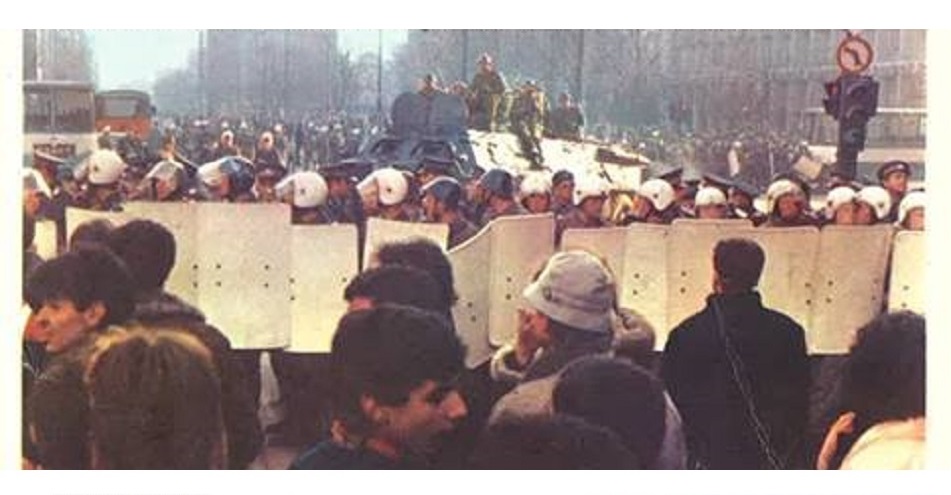
 March 20th, 2008
March 20th, 2008  VR
VR 
 Posted in Uncategorized
Posted in Uncategorized  Tags:
Tags: 